In the days after the explosion that rocked Beirut in August, a group of youth engaged in Baha’i community-building efforts quickly met to make plans for assisting with relief and recovery.
They created a volunteer network called the “Helping Hub” to coordinate the actions of people around them, an initiative that has evolved in subsequent months to respond to ongoing needs.
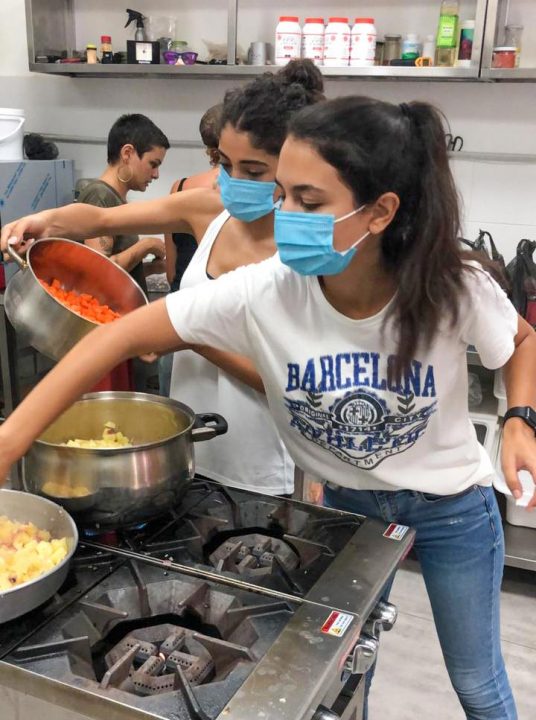
“We knew we had to help in any way possible,’” says Karim Mouzahem, one of the young people spearheading the initiative.
The youths’ ongoing activities aimed at spiritual and moral empowerment had given them experience with fostering cooperation and a sense of shared endeavor among small groups of people. Now they could channel this capacity to build a volunteer network.
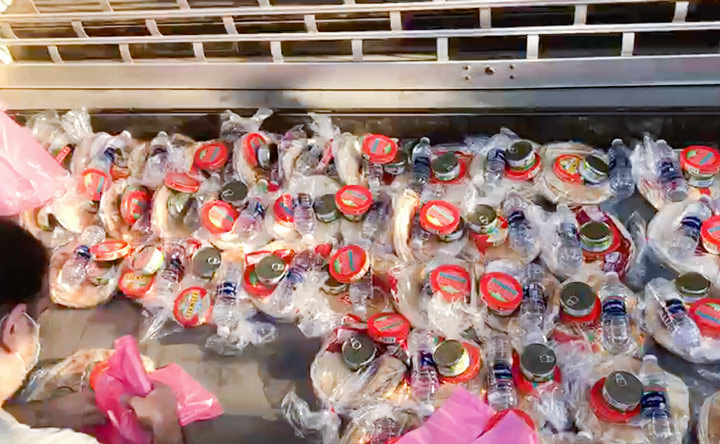
“We decided to take a very small step, which was to open a messaging group and invite all of our friends and people that we met through our community-building efforts to track others who were in need of assistance and to identify initiatives that were already underway.
“When we started out, we were thinking, ‘We are only 10 youth. How can we help?’ But we wished to serve our community and our country, and felt hopeful as the 10 participants quickly grew to 80 volunteers of different ages and backgrounds joining and offering assistance.”
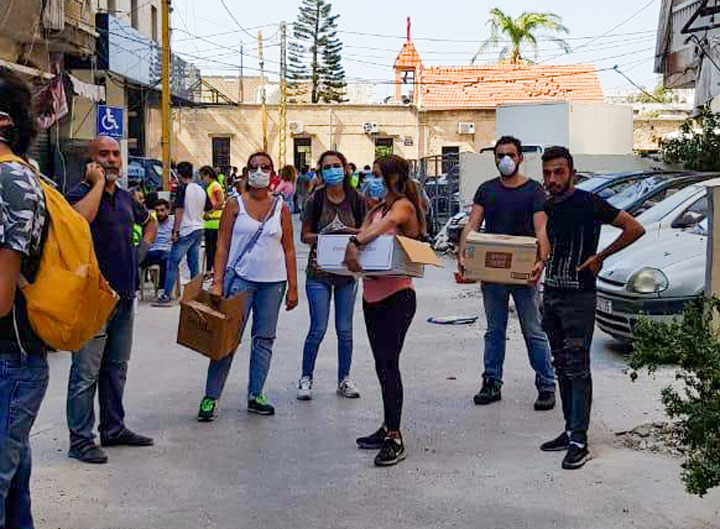
Everyone involved shared a spirit of service, giving them the energy needed to work through difficult conditions. For over a month, they were distributing 300 meals daily as well as arranging clothing donations, helping to clean up damaged properties, covering broken windows, and carrying out other tasks. They were careful to use appropriate equipment and take safety measures to protect themselves and others from the coronavirus.
The youth at the center of the initiative knew from experience that the energy and sense of urgency that volunteers felt would be channeled most effectively through systematic action. Every morning, before going out to help on the ground, tasks would be distributed among the volunteers. In the evenings, the group would reflect with everyone involved about the experience of that day, carry out a needs assessment and come up with a new list of tasks for the following day.
Hoda Wallace, a member of the Baha’i National Spiritual Assembly of Lebanon, says, “It was very encouraging to see how this small group of youth arose to action. Though young, they have been serving their communities for years and developing their capacities through an educational process, based on the Baha’i teachings, that helps them see themselves as agents in addressing the needs of society. They have gained organizational skills, such as the ability to maintain basic statistics, to plan based on resources, and to operate in a mode of learning that came naturally as they organized the Helping Hub.”
Those working at the core of the initiative found support in praying together with their community in online gatherings. Mrs. Wallace says, “Prayer sustained and brought many people together over those days of shock and sadness and brought hope. We are seeing the importance of a devotional spirit, which helps us strengthen social ties and deepen spiritual roots that have made us more resilient in the face of this disaster.”
Many of the volunteers were themselves affected by the crisis but found hope in service to others. Maha Wakim, a clinical psychologist, says, “My office was destroyed, and it was devastating for me. Instead of siting and feeling helpless, I joined the Helping Hub when a friend introduced me to them. It was the first step of my healing journey. It helped me get up and feel like I am doing something and helping others. Seeing how everyone came together made a big difference for me.”
Although the Helping Hub emerged in response to the immediate aftermath of the Beirut explosion, in recent weeks it has given greater attention to long-term development and has increasingly collaborated with other groups and organizations to address ongoing challenges. The youth have been in a position to gather information from the ground, which is meticulously recorded and used to bring different needs to the attention of other organizations that are in a better position to help.
Lara Mansour, who has worked with Helping Hub from its first days, states: “A core aspect of the Baha’i educational process is the development of capacity for long-term action through increasing degrees of unity among people. When we were on the ground we saw the need for organization. For example, one area of Beirut was flooded with offers of food, water, and other assistance, while other areas received less attention, or none at all. So we have now started another initiative that helps organizations to coordinate efforts among each other.
“This has allowed different social actors to consult and act in a united way. There are now online meetings with 50 people talking about goals around which we are all united. Having developed a collective vision and a sense of purpose gives all of us greater capacity to address needs with the support of external assistance.”
Karim reflects on what this experience has meant for young people. “All of us youth have had a reality check about our true purpose in life. Those weeks when we were on the ground helping people from morning to night were very difficult, but very beautiful because we were together and our service brought us hope. As we return to our daily lives, we realize that we are not satisfied with working day to day without a sense of purpose. We have to serve our communities, because this is where true happiness comes from.”


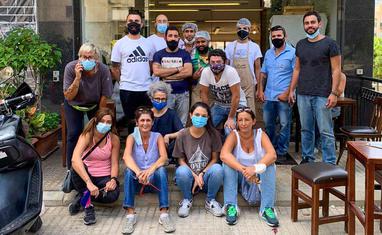


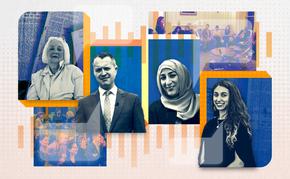
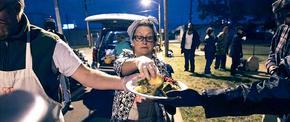
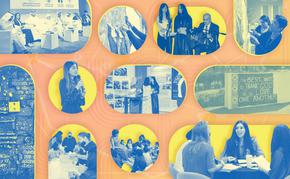









Comments
Sign in or create an account
Continue with Facebookor